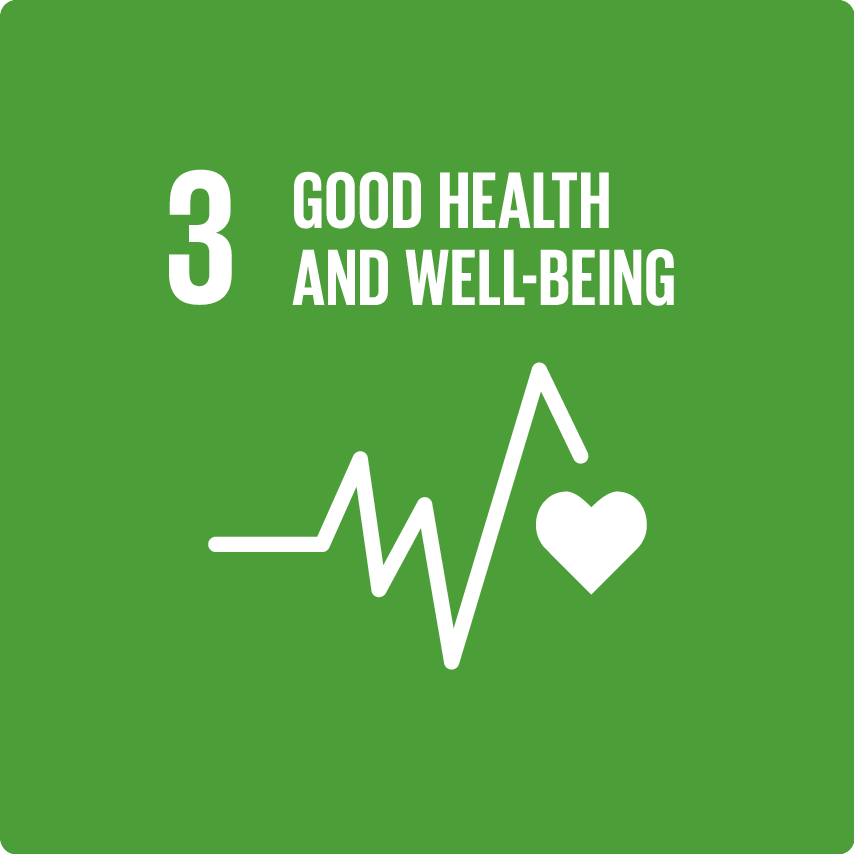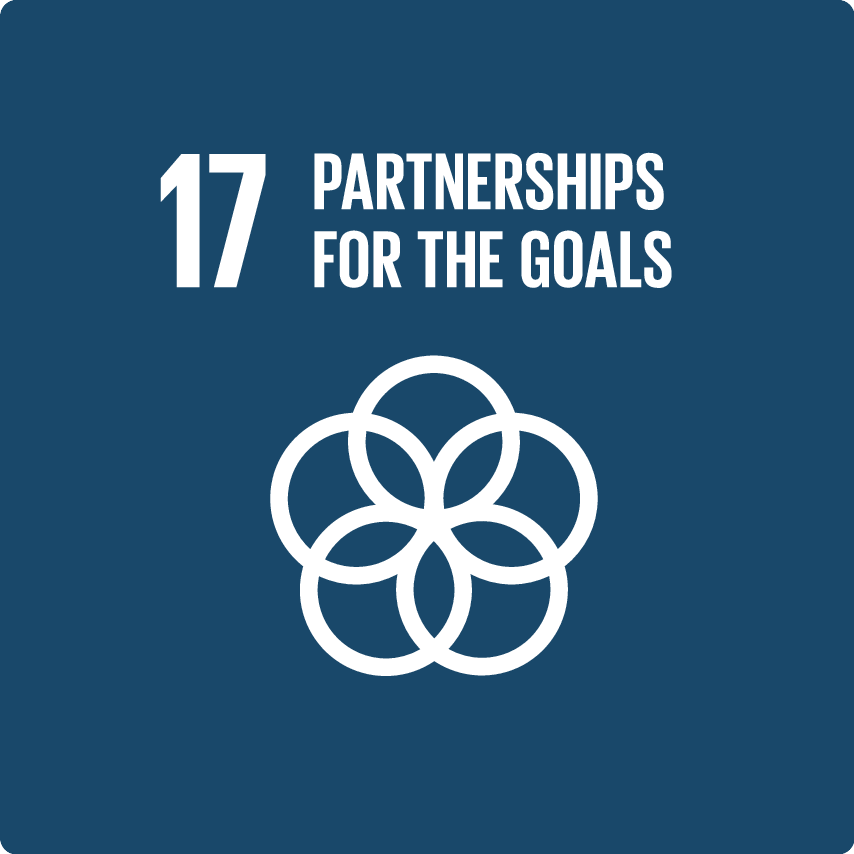Allied against Dengue
Preventing outbreaks and reducing the incidence of dengue in targeted communities in India and South East Asia.
SEE ALL PARTNER ORGANIZATIONS
Objectives
- Preventing outbreaks and reducing the incidence of dengue in targeted communities in India and South East Asia.
India represents about half of the global population estimated to be at risk of dengue infection by the World Health Organization. Dengue is now ‘endemic’ in India. The number of cases reported in 2016 were 111,880 and total number of deaths were 227. In India, most dengue control programs’ structures are very labor intensive and require a large number of field staff to inspect the premises and use chemicals to kill mosquito larva. However, the participation of the community in dengue prevention & management is very limited. Involvement of community can help in early detection and prevention of dengue.
The goal of the project is to prevent outbreaks and reduce incidence of dengue in targeted communities of Gorakhpur (India) through:
- Prevention: Raise community awareness on dengue prevention and management.
- Preparation: Build capacities of doctors and pharmacists on best practices of clinical evaluation and treatment of dengue.
- Management: Early case reporting and management including fever alert surveillance and referral services.
In addition, the project is aimed at training and empowering health care professionals in South East Asia.
The main partnership goals are:
- 110,000 beneficiaries per year for 8 years
- 1,000 doctors and pharmacists trained per year over 8 years for dengue prevention and management in India
- 8,500 HCPs trained and empowered in South East Asia (over 8 years)
Results and milestones
In 2018, the programme benefitted 90,000 people in India.
Highlights of the programme included:
- Advocacy and Networking with District Health Department – The project has been integrated into District National Urban Health Mission (NUHM) and the intervention area expanded from 12 to 70 wards, and working in and around 23 Urban Primary Health Centres (UPHC)
- Early Case Reporting and Management – Application based case management system introduced in 23 UPHCs
- Integrated Vector Management (for transmission Risk Reduction) – source reduction activities carried out in 6,110 Households, with 17 Sanitation drives involving 651 staff
- Human Resource Development through Capacity Building- 238 Frontline workers were trained on dengue prevention and management
- Behaviour Change Communication (BCC) – 1,566 persons were sensitised in 30 meetings, and 5,444 persons reached through IEC activities.
- Continuing Medical Education (CME) on dengue – Built the capacity of 767 doctors and 528 pharmacists on best practices in clinical evaluations, treatment interventions and prevention of dengue through CME in four more select districts of Uttar Pradesh apart from Gorakhpur, namely Varanasi, Allahabad, Mirzapur and Faizabad.
Geographic Reach
- South-East Asia
- Western Pacific
Disease Area
- Infectious and Parasitic Disease
Target Population
- People with low incomes
- Rural populations
Partner organizations
Government of India - National Urban Health Mission
Ministry of Health and Family Welfare India
Wish Foundation
Indian Medical Association
Geographic Reach
South-East Asia
- India
Western Pacific
- Malaysia
- Philippines
Disease Area
Infectious and Parasitic Disease
- Neglected Tropical Diseases (NTDs)
- Dengue and Chikungunya

